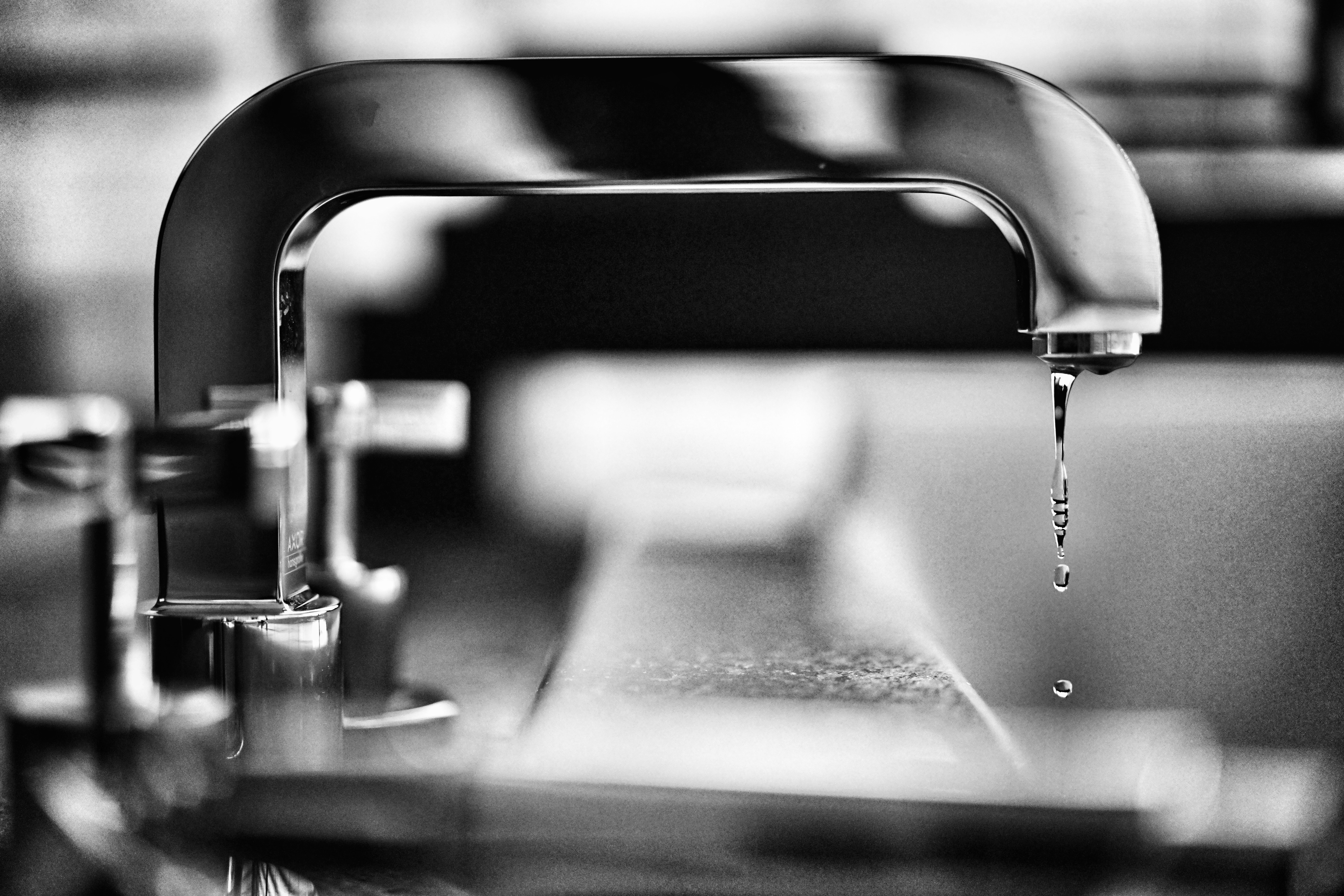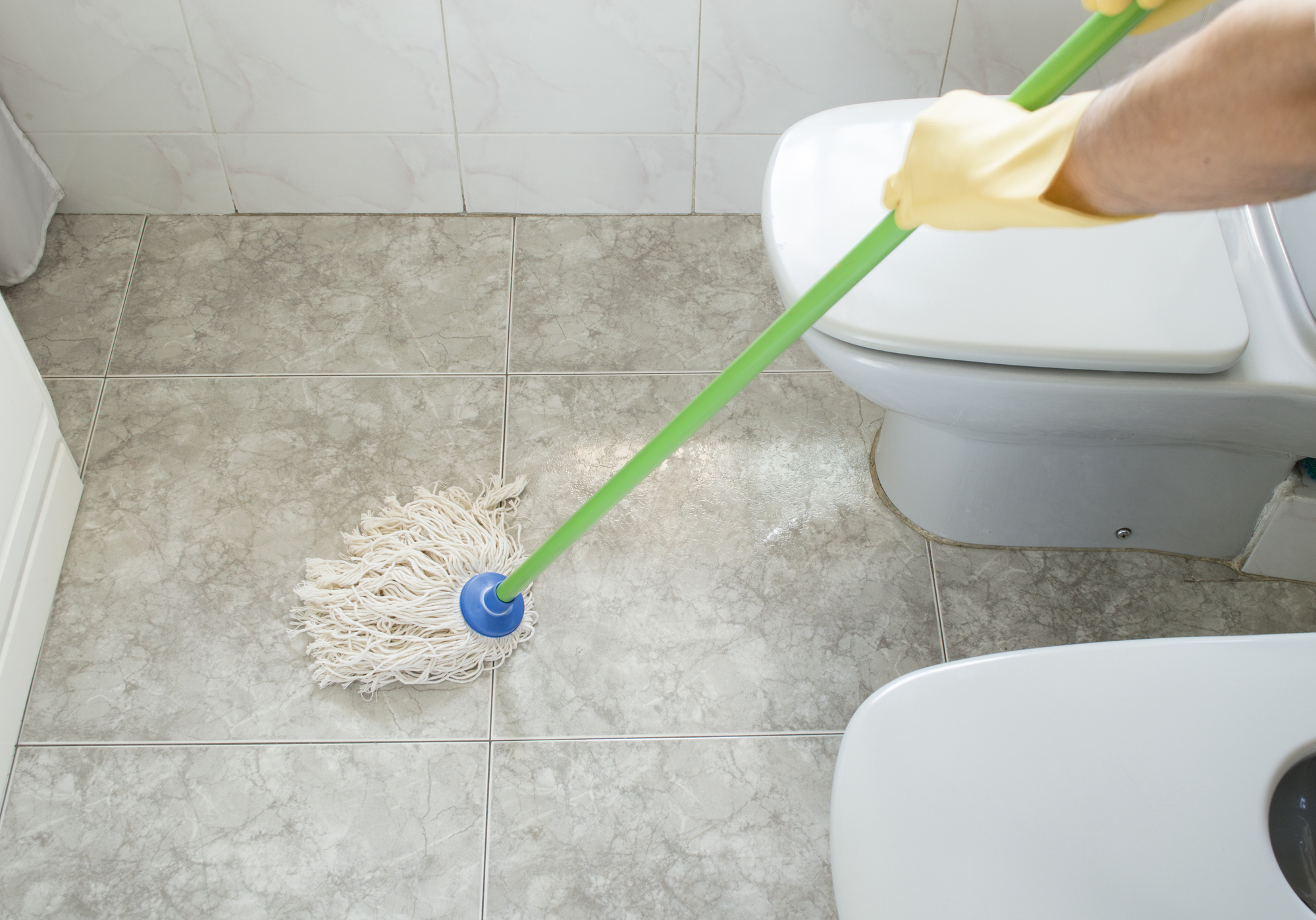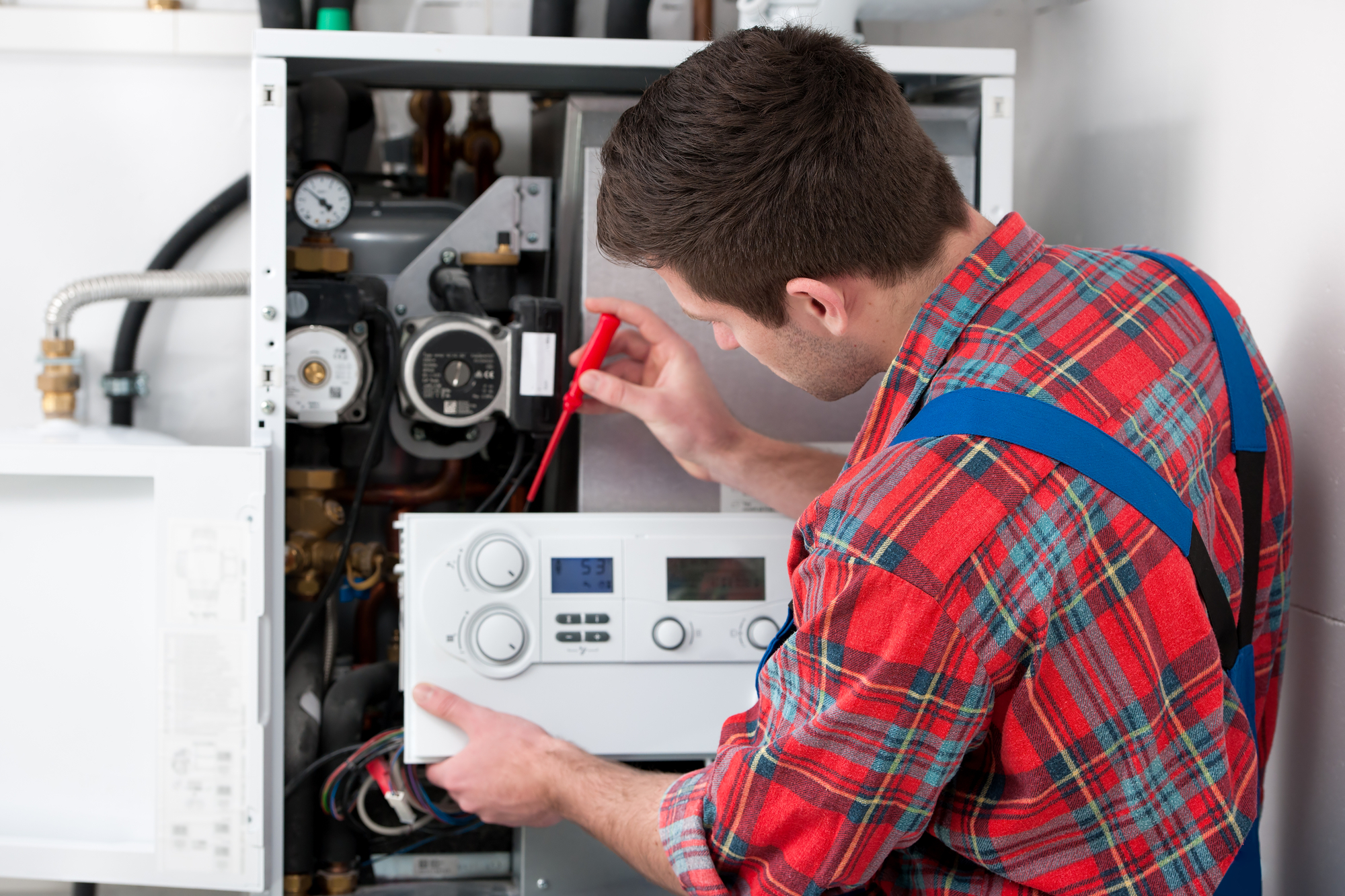Boilers are an essential component of any home’s heating system, and they play a crucial role in keeping us warm and comfortable, especially during the winter months. However, despite their importance, many homeowners don’t fully understand how boilers work or how they are maintained. In this article, we will explore the basics of boiler plumbing theory and provide you with everything you need to know about this important plumbing system.
The Basics of Boilers
Boilers are closed containers that are designed to heat water to produce steam or hot water for various residential or commercial uses. They work by burning fuel – such as oil, natural gas, or propane – to generate heat, which is then used to heat water in the boiler. The hot water or steam produced by the boiler then circulates through your home’s radiators, radiant floor systems, or other heating devices to provide heat.

Types of Boilers
There are several types of boilers available on the market today, each with its unique features and advantages. The most common types of boilers include:
1. Conventional Boilers: These are traditional boilers that are designed to heat water in a storage tank. They are available in gas, oil, or electric models.
2. System Boilers: These are similar to conventional boilers but do not have a storage tank. They work by heating the water directly, making them more efficient than conventional boilers.
3. Combi Boilers: These are compact and easy-to-install boilers that combine both your home’s heating and hot water supply. They are ideal for homes with limited space for a separate hot water tank.
Boiler Plumbing Components
Boilers are comprised of several essential components, including:
1. Burners: These are responsible for igniting and burning the fuel to produce heat.

2. Heat Exchanger: This is where the heat generated by the burners is transferred to the water.
3. Water Pump: This circulates the hot water or steam throughout the heating system.
4. Expansion Tank: This is designed to handle the expansion of water as it heats up, preventing damage to the system.
5. Pressure Relief Valve: This valve releases excess pressure in the system to prevent damage and ensure safe operation.
Common Boiler Plumbing Problems
Like any other plumbing system, boilers may experience problems from time to time, which may reduce their efficiency or lead to complete failure. Some common boiler plumbing problems include:
1. Leaks: This is one of the most common boiler plumbing problems. Leaks may occur due to worn-out seals, ruptured pipes, or corroded fittings.
2. Pressure Problems: Boilers need to operate at a certain pressure to work optimally. If the pressure is too high or too low, it may lead to system failure.
3. Blockages: Blockages may occur in the heat exchanger, water pumps, or pipes, leading to reduced efficiency or complete failure.
4. Ignition Failure: Boilers need fuel to ignite and operate. Issues with ignition systems or fuel delivery may cause the boiler to fail to operate.
Maintaining Your Boiler Plumbing System
Regular boiler maintenance is essential for the optimal performance and longevity of your heating system. Some maintenance tips to keep your boiler plumbing system running efficiently include:
1. Cleaning: Regularly clean the heat exchanger, pipes, and other components to remove dirt, debris, or mineral buildup that may reduce the efficiency of the system.
2. Flushing: Flushing the system helps remove sediment buildup, ensuring optimal heat transfer.
3. Inspections: Regular inspections help identify problems early and prevent costly repairs or replacements.
4. Tune-ups: Regular tune-ups help ensure that your boiler’s burner and ignition systems are working as efficiently as possible.
Conclusion
Boiler plumbing is a crucial component of any home or business’s heating system. Understanding how boilers work, maintaining them properly, and taking care of any issues can improve efficiency, reduce costs, and prolong the lifespan of your system. If you’re experiencing any issues with your boiler plumbing system, reach out to the plumbing experts at AcePlumbingRepair.com or call us at (844) 711-1590 for reliable, efficient, and affordable boiler repair and maintenance services in your area.






